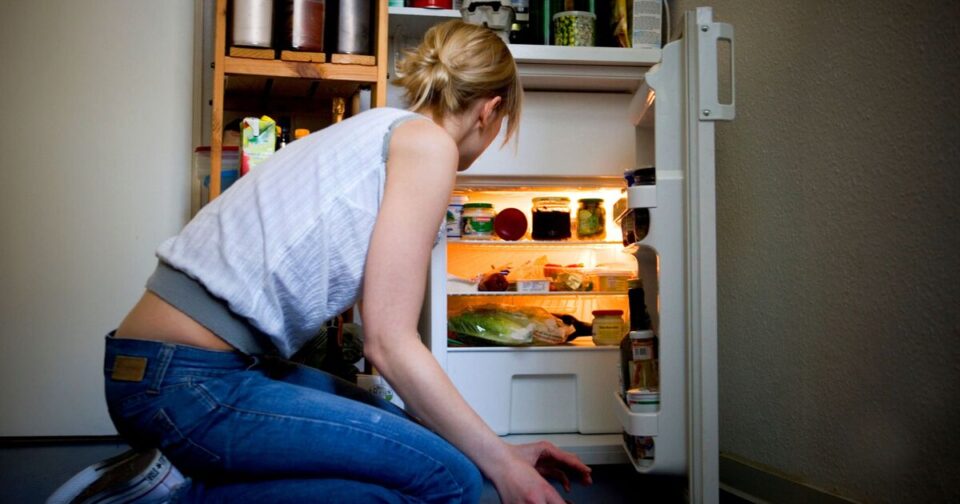Many Brits believe the best part of Christmas dining is the leftovers.
From cold meats to vegetables and puddings that satisfy our sweet cravings for days, there’s immense pleasure in festive feasting. However, caution is required when dealing with leftovers, as some foods remain fresh longer than others. Ignoring this could lead to consuming spoiled food.
Last year, @disastersurvival_coach on TikTok advised people to be careful, sharing useful guidelines to follow, particularly regarding meat. But how accurate are these so-called golden sell-by date rules?
To assist, we’ve detailed exactly how long you should keep your Christmas treats. Lauren Allen, founder of Tastes Better from Scratch, previously revealed to Daily Star where people often make mistakes when enjoying leftover holiday meals.
With numerous myths circulating, it’s time to clarify the facts.
Turkey and other meats
Any leftover cooked turkey, ham, roast beef or other meats should be stored within two hours of serving. They need to be sliced off the bone and secured in shallow, airtight containers.
According to the expert, food items can remain fresh for three to four days, but freezing them could extend their shelf life.
For turkey, it’s crucial to ensure the thickest part of the meat reaches an internal temperature of 165F before refrigeration. It’s also important to separate stuffing from the meat.
Vegetables
Many cooked vegetables such as green beans, mashed potatoes and sweet potato casseroles can stay fresh in airtight containers for three to four days when stored in the fridge.
However, leafy greens tend to wilt more quickly and should be consumed within a few days. Provided they’re not laden with cream or butter, most vegetable-based leftovers can be frozen for one to three months.
Desserts
Rich desserts like cakes, pies, custards or puddings should ideally be eaten within a few days as they don’t freeze well.
On the other hand, traditional holiday cookies often freeze without any issues for up to six months. Cookie dough can also be frozen for later use.
It’s vital to allow any hot food to cool completely before covering and refrigerating it to prevent moisture build-up that could lead to bacterial growth.
Lastly, trust your senses. If anything smells off during the reheating process, it’s best to throw it away.
